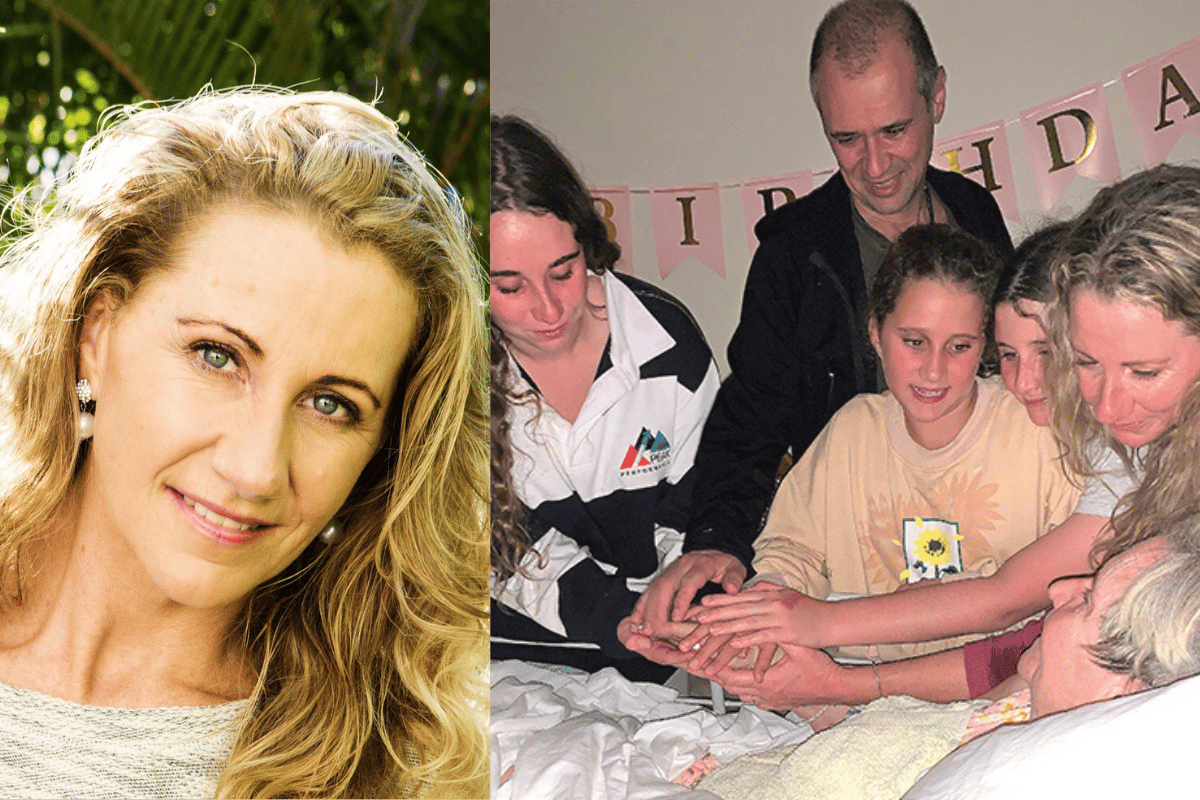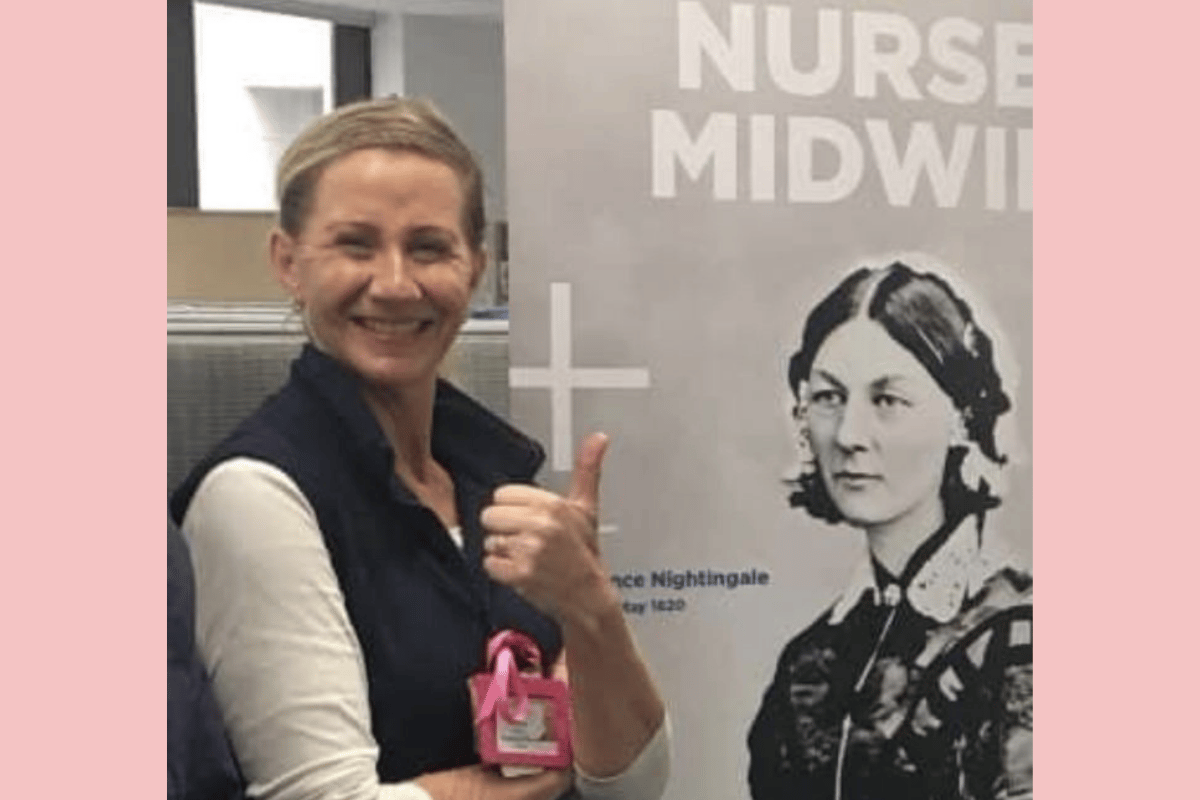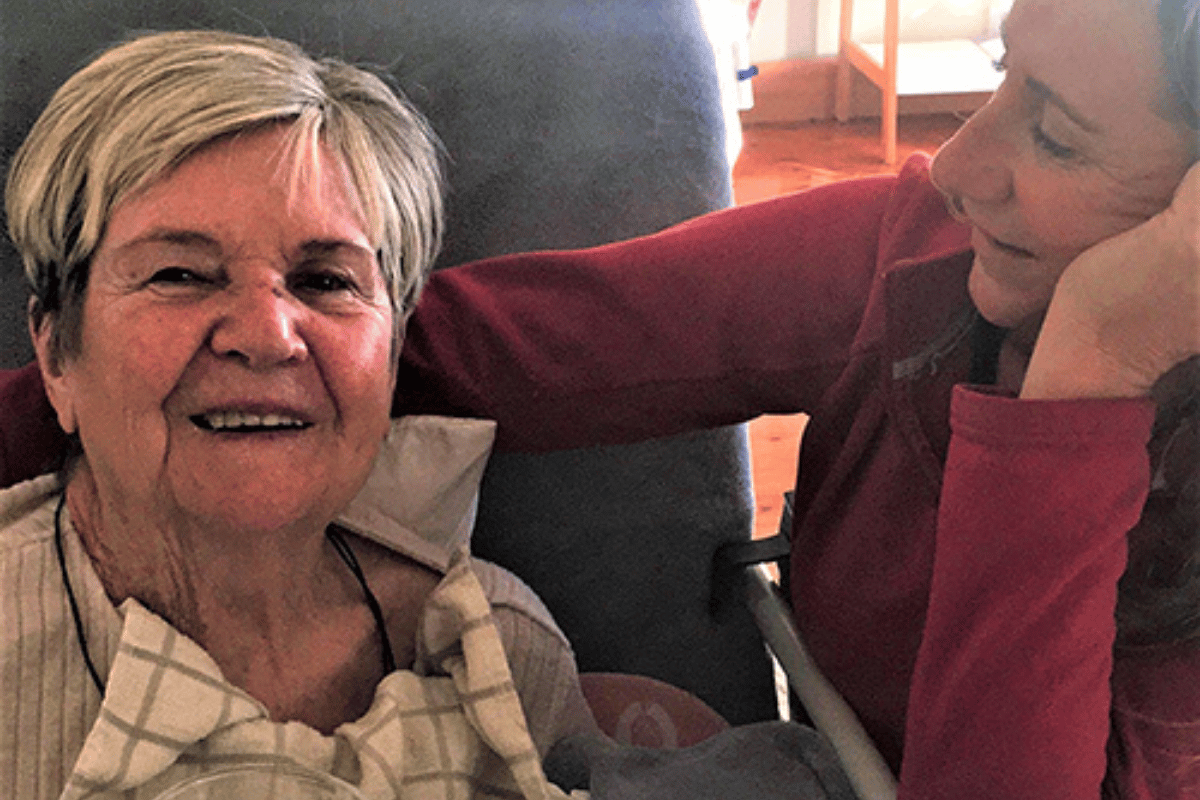
This post deals with suicide and might be triggering for some readers.
Maryan Bova has worked as a registered nurse (RN) with palliative care for over 25 years in the community, helping people die at home with dignity.
She knows what it is like to witness people in the final stages of their life. People of all walks of life, ages and genders, experiencing the same thing - being given a terminal diagnosis and trying to come to terms with it.
For some, they have struggled to cope, reckoning with the idea they don't have much time left. Others have managed to come to peace with what's in store for them, and use the time left to build stronger relationships with their loved ones. But regardless of where the patient is on the path to palliative care, Maryan aims to support them no matter what.
Last year, Maryan experienced a "full circle moment". Her mum Helen was diagnosed with brain cancer, leaving Maryan to do a job she knows so well - but this time around, it was on a much deeper intimate level. It was someone she loved.
Watch: Matthew O'Reilly talks about his experiences as a first responder on TedX. Post continues below.


